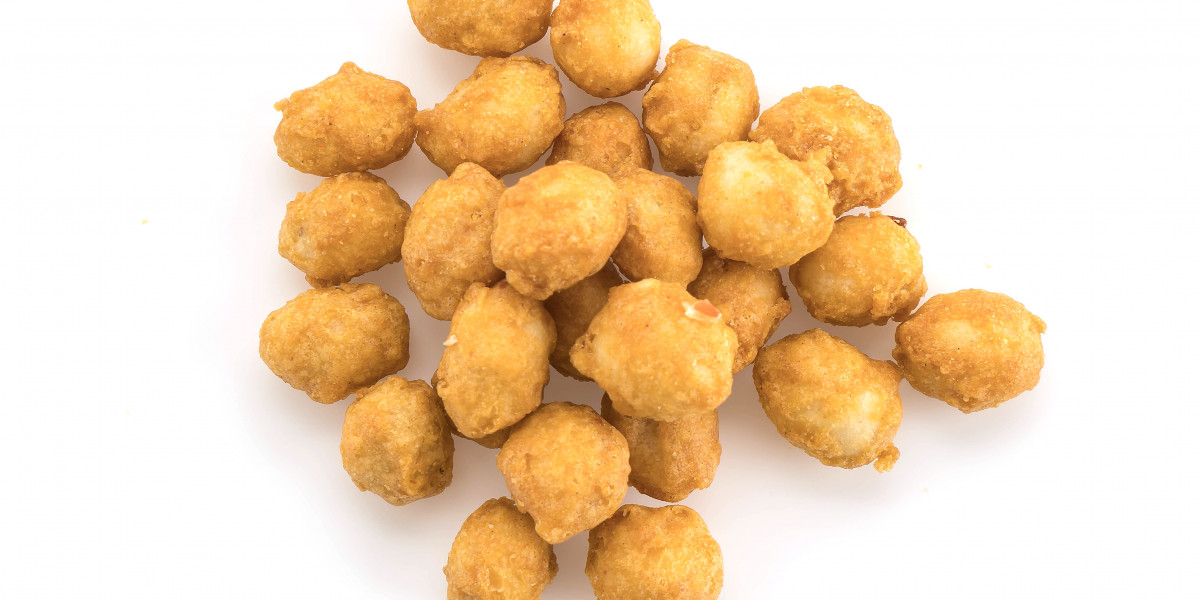Soya chunks are becoming a popular addition to Pakistani kitchens thanks to their high protein content, versatile taste, and budget-friendly pricing. For people who want a healthier lifestyle without compromising on flavor, they provide an excellent alternative to meat. These plant-based nuggets are easy to cook and packed with essential nutrients that support overall well-being. This article covers the price trends, nutritional profile, and benefits of soya chunks in Pakistan, along with useful tips on how to include them in everyday meals.
What are Soya Chunks?
Soya chunks are made from defatted soy flour, which is a by-product of extracting soybean oil. Once hydrated, these chunks expand in size and take on a chewy, meat-like texture, making them a popular choice for vegetarians and health-conscious individuals. Because of their versatility, they can be used in curries, pulao, salads, and even snacks. In Pakistan, the demand for soya chunks has grown as more people adopt protein-rich diets and search for affordable meat substitutes.
Price of Soya Chunks in Pakistan
The price of soya chunks in Pakistan varies depending on the brand, quality, and packaging size. On average, a 200-gram pack of soya chunks can cost between PKR 150 and PKR 250 in local supermarkets. Bulk packs are often more cost-effective for households that use them regularly.
Imported brands may cost slightly higher compared to locally produced options. With rising food inflation, many families are turning to soya chunks as a budget-friendly way to maintain protein intake without relying heavily on expensive meat and poultry. Online platforms also offer home delivery of soya chunks, often with discounts on larger orders.
If you are searching for high-quality soya chunks in Pakistan, you can find reliable options from trusted suppliers that ensure freshness and nutritional value.
Nutritional Value of Soya Chunks
Soya chunks are widely praised for their nutrient-rich profile. Here is a breakdown of their nutritional value per 100 grams (dry weight):
Protein: Around 50 grams
Carbohydrates: 33 grams
Fat: Less than 1 gram
Fiber: 13 grams
Calories: Approximately 345 kcal
Calcium, Iron, and Magnesium: Present in good amounts
This makes them one of the most affordable plant-based protein sources available. Since they are low in fat and high in fiber, soya chunks are ideal for weight management, muscle building, and maintaining healthy digestion.
Health Benefits of Soya Chunks
Rich Source of Protein
Protein is essential for building and repairing body tissues, supporting muscle growth, and maintaining a strong immune system. Soya chunks contain more protein per gram than eggs, chicken, or meat, making them a powerful protein source for vegetarians and fitness enthusiasts.
Supports Weight Management
Because soya chunks are rich in protein and fiber but low in fat, they keep you full for longer periods. This helps reduce frequent snacking and unnecessary calorie intake, which supports weight loss or weight maintenance goals.
Good for Heart Health
Soya protein has been linked to lowering bad cholesterol levels and improving heart health. Regular consumption of soya chunks can help manage cholesterol and reduce the risk of cardiovascular issues.
Helps Manage Diabetes
Soya chunks have a low glycemic index, which means they do not cause sudden spikes in blood sugar levels. This makes them a suitable food choice for people with diabetes who need to maintain steady blood sugar.
Supports Strong Bones
Soya chunks contain calcium, magnesium, and other minerals that strengthen bones and reduce the risk of osteoporosis. For women and older adults, they are especially beneficial in maintaining bone density.
Boosts Energy and Stamina
With high protein and balanced carbohydrates, soya chunks provide lasting energy. Athletes, gym-goers, and physically active individuals benefit from their energy-boosting properties.
How to Use Soya Chunks in Daily Meals
Soya chunks are easy to cook and adapt well to different recipes. Here are some popular ways to include them in your meals:
Soya Curry: Cook chunks with onions, tomatoes, and spices for a rich and flavorful curry.
Pulao or Biryani: Add hydrated chunks to rice dishes for a protein-rich twist.
Snacks: Roast or sauté chunks with spices for a quick and healthy snack.
Salads: Toss boiled soya chunks with fresh vegetables for a protein-packed salad.
Stuffing: Use soya chunks as filling for parathas or wraps.
Since they absorb flavors well, they can replace or complement meat in almost any recipe.
Soya Chunks vs Meat in Pakistan
For many families in Pakistan, meat is a staple food. However, with increasing prices, maintaining a protein-rich diet becomes challenging. Soya chunks provide a solution by offering similar texture and high protein without the high cost. Unlike meat, they are cholesterol-free and low in fat, making them a healthier alternative.
Vegetarians and people looking to cut down on meat consumption often rely on soya chunks as a regular part of their diet.
Where to Buy Soya Chunks in Pakistan
Soya chunks are widely available in:
Supermarkets and departmental stores in major cities like Karachi, Lahore, and Islamabad
Local grocery shops in urban and semi-urban areas
Online stores offering doorstep delivery with bulk purchase options
When buying, always check for freshness, packaging date, and brand reputation to ensure you get the best quality product.
Final Thoughts
Soya chunks in Pakistan are more than just a meat alternative; they are an affordable, protein-rich, and versatile food option suitable for all ages. Whether you are looking to manage weight, build muscle, or simply add variety to your meals, soya chunks can be an excellent choice. Their nutritional profile makes them a smart addition to both vegetarian and non-vegetarian diets.












